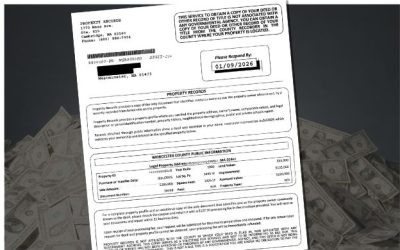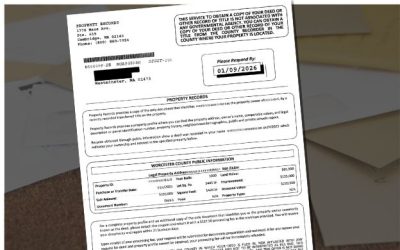Avoiding Closing Delays:
Navigating MA’s Inspection Rights Post-October 2025Starting October 15, 2025, Massachusetts real estate professionals will need to factor in a brand-new set of home inspection requirements. Under 760 CMR 74.00: Residential Home Inspection Waivers, sellers and their agents can no longer request, require, or even suggest that buyers waive inspections. A written disclosure affirming the buyer’s right to hire a licensed inspector is now mandatory.
While the regulation was designed to protect buyers, it also creates new risks for agents, attorneys, and lenders if disclosures aren’t handled correctly. A missing form or inconsistent provision in the purchase and sale agreement could delay — or even derail — a closing.
How Inspection Rules Affect the Closing Table
At closing, attorneys and lenders must ensure that all statutory disclosures are present and consistent with the contract. If the required inspection notice is missing, it may raise red flags:
- Title attorneys may delay disbursement until the compliance issue is fixed.
- Lenders could halt the transaction over concerns that state consumer protection laws were violated.
- Buyers may have leverage to walk away or renegotiate, citing failure to provide inspection rights.
Even a small oversight can snowball into days or weeks of delay, costing clients money and trust.
Tips for Agents and Attorneys
- Update Your Templates Now
Make sure every purchase and sale agreement, addendum, and disclosure packet includes the new inspection rights notice. Outdated templates are a recipe for problems later. - Communicate Early With Clients
Prepare sellers to understand that inspection waivers are no longer permitted. Set buyer expectations about the timeline and scope of inspections to avoid disputes when deadlines arrive. - Double-Check Consistency
Attorneys should cross-reference the purchase agreement and inspection disclosure to confirm the language matches. Conflicting terms — such as an old clause suggesting waiver — can create legal ambiguity. - Audit Before Closing Day
Just as you would verify payoff statements and commission splits, add “inspection disclosure provided” to your pre-closing checklist. Catching errors early keeps the transaction moving.
The Risk Under Chapter 93A
Failure to comply with the new rules can be treated as an unfair or deceptive act under Massachusetts General Laws Chapter 93A. That means exposure not just to delays but to potential multiple damages and attorney’s fees in litigation. For professionals, ensuring compliance isn’t just about efficiency — it’s about risk management.
SOURCES
Massachusetts Executive Office of Housing and Livable Communities. (2025). Residential home inspection waivers: 760 CMR 74.00. Mass.gov. https://www.mass.gov/info-details/residential-home-inspections
Massachusetts General Laws ch. 93A (2025). Regulation of business practices for consumer protection. Massachusetts Legislature. https://malegislature.gov/Laws/GeneralLaws/PartI/TitleXV/Chapter93A
Commonwealth of Massachusetts. (2024). Affordable Homes Act: Summary and implementation updates. Mass.gov. https://www.mass.gov/news/affordable-homes-act
Providing title, escrow, closing and settlement services to clients throughout Massachusetts and New Hampshire
Recent News
What Real Estate Agents Need to Know About FinCEN’s New Residential Real Estate Reporting Rule (Effective March 1, 2026)
SUMMARY: Starting March 1, 2026, FinCEN’s Residential Real Estate Rule requires a Real Estate Report for certain non-financed residential transfers where the buyer is an entity or trust (common “cash/opaque ownership” scenarios). Real estate agents do not file the...
Why New Homeowners Get Targeted After Closing
For many buyers, one of the most surprising parts of homeownership happens after the closing is complete: the sudden increase in mail related to their property. This isn’t accidental—and it isn’t unique to any one company or offer. It’s the predictable result of how...
New Homeowners Beware: “Recorded Deed” Letters That Aren’t What They Seem
Buying your first home is exciting—and it often comes with a mountain of paperwork. Unfortunately, it can also make you a target for misleading solicitations that appear official and urgent, but offer nothing you actually need.One of the most common examples we see...








